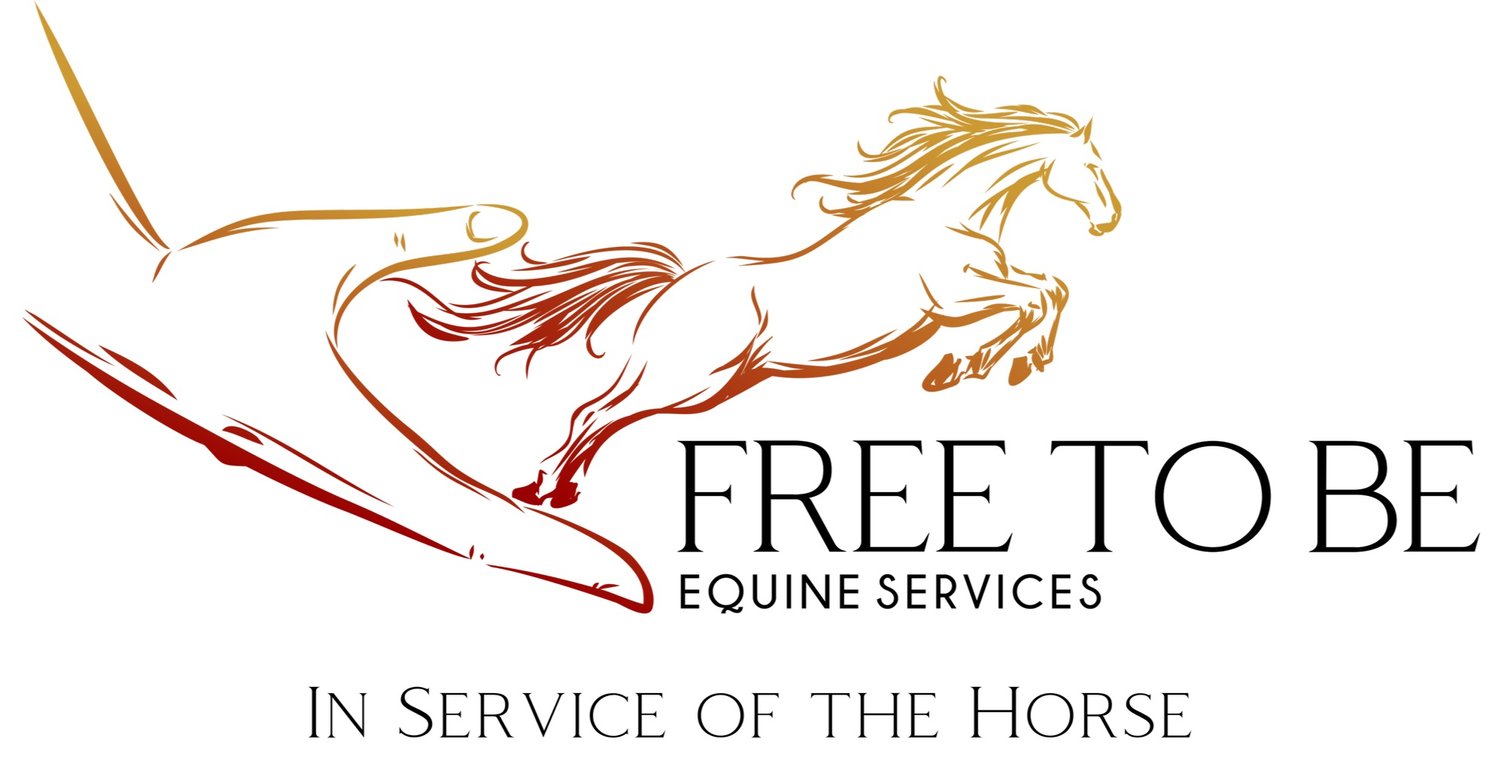I'm coming up on 11 years as an equine manual therapist, and something that has become increasingly clear to me is that there is one quality - or skill, since it can be learned - that stands out as the thing that allows me to be good at what I do.
Read moreThe Skill That All Bodyworkers Need
You can have all the titles you can earn, take all the courses and learn all the modalities, hop on all of the latest bodywork and therapeutic gizmo trends - it won't get you anywhere near as far as this.










